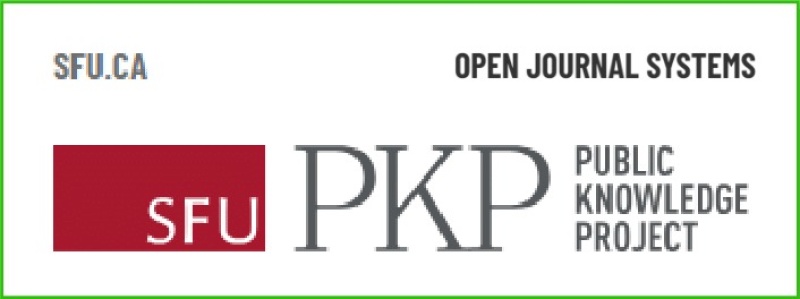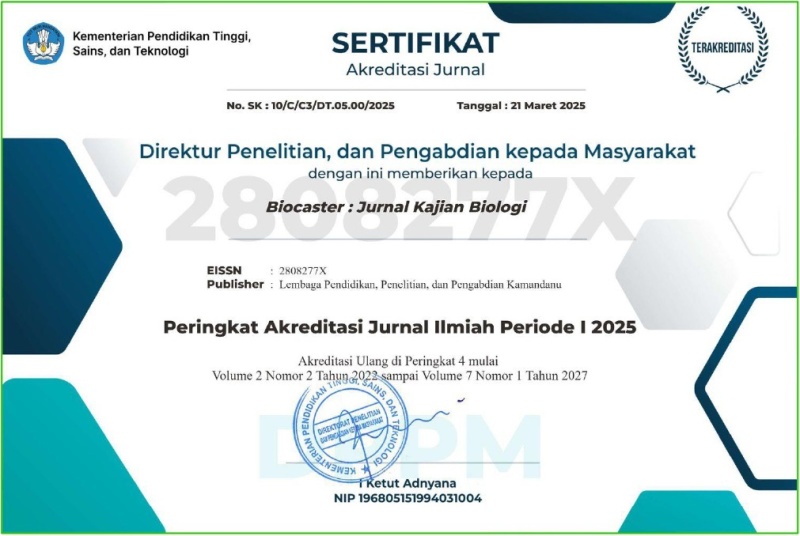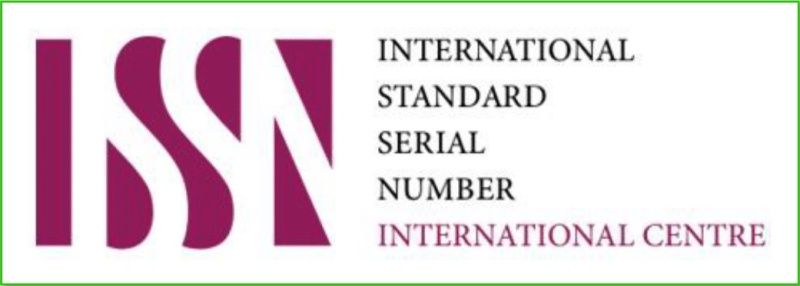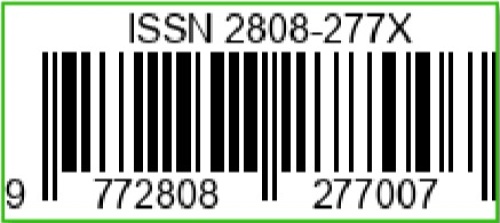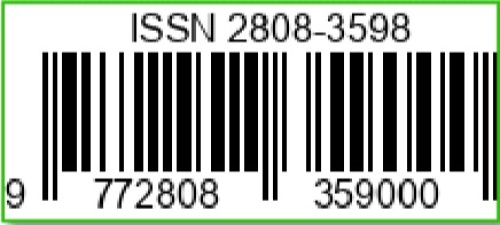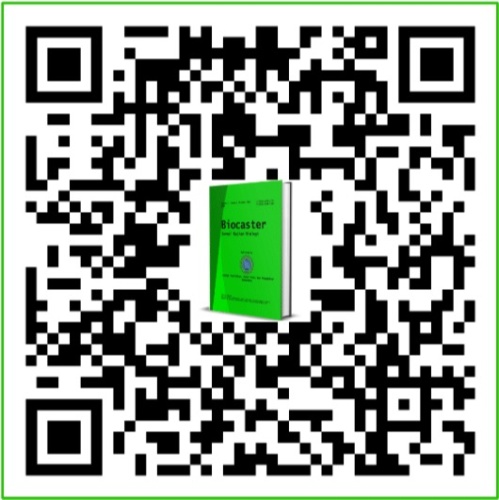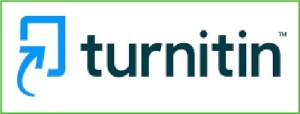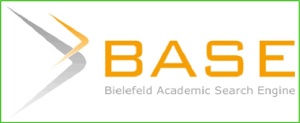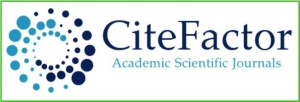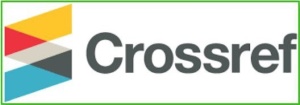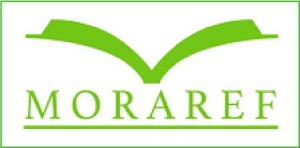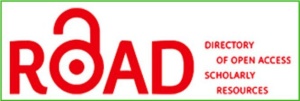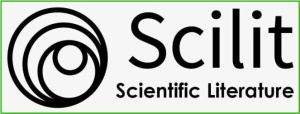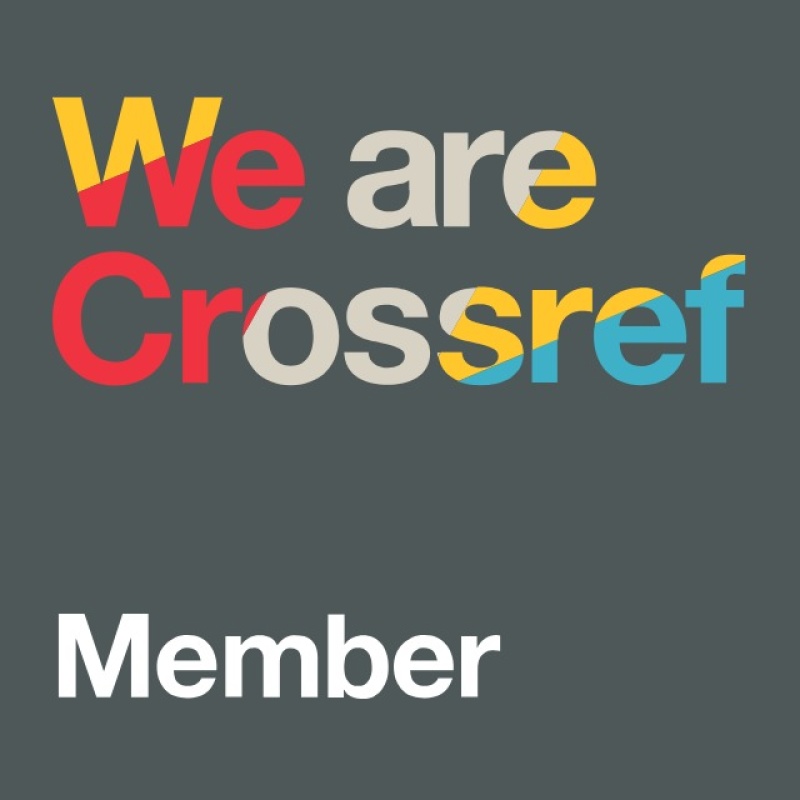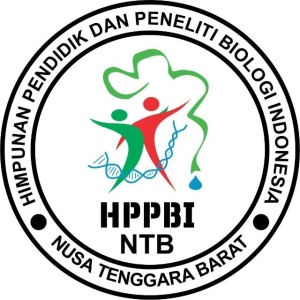Analisis Kontribusi Model Pembelajaran EMKONTAN terhadap Kreativitas dan Literasi Lingkungan dalam Memecahkan Masalah Lingkungan pada Siswa SMA Muhammadiyah 3 Batu
DOI:
https://doi.org/10.36312/biocaster.v5i4.633Keywords:
EMKONTAN, Creativity, Environmental LiteracyAbstract
Education is crucial to shape the quality of superior and competitive human resources. challenges to the quality of education in Indonesia, especially related to the low creativity and environmental literacy of high school students, as well as the lack of participation in real environmental issues. The EMKONTAN learning model is proposed as an innovation to overcome these problems, because it integrates local environmental issues and encourages experience-based problem solving. This study investigates the impact of the EMKONTAN model on enhancing creativity and environmental literacy in solving ecological issues among 19 tenth-grade students at SMA Muhammadiyah 3 Batu, using a one-group pretest-posttest quasi-experimental design. Data were collected through creativity and environmental literacy tests, and observation. The data analysis with paired sample t-test showed a significant increase in both variables. The average creativity score increased from 36.00 (pre-test) to 39.42 (post-test), with a p value <0.001. Environmental literacy also increased significantly from 180.89 (pre-test) to 195.37 (post-test), with a p value <0.001. These findings indicate that the EMKONTAN learning model is effective in improving students' creative thinking skills and environmental literacy in solving environmental problems. This model encourages students to think critically, innovate, and understand environmental issues deeply through direct experience and reflection.
Downloads
References
Agustina, N. (2017). Mengukur Kualitas Layanan Sistem Informasi Akademik pada SMP Uswatun Hasanah Jakarta. Paradigma, 19(1), 61-68. https://doi.org/10.31294/p.v19i1.1540
Faristin, V. A., Ismanto, H. S., & Venty, V. (2023). Faktor-faktor yang Mempengaruhi Motivasi Belajar Siswa SMA. Jurnal Psikoedukasia, 1(1), 125-153. https://doi.org/10.26877/qj5yyx18
Insani, K. (2023). Peran United Nation Environment Programme (UNEP) sebagai Lembaga Lingkungan Hidup Internasional dalam Pengelolaan Lingkungan Hidup. UNES Law Review, 6(2), 6065-6075. https://doi.org/10.31933/unesrev.v6i2.1444
Karuni, N. W. I. (2020). Profil Literasi Lingkungan Siswa SMA Negeri se-Provinsi Bali. Skripsi. Universitas Pendidikan Ganesha.
Khonsa, N., Basuki, R. R., Rusmiyati, L., Rosyidi, U., & Takdir, M. (2025). Membangun Pendidikan yang Berkualitas: Antara Idealitas dan Realitas. Journal on Education, 7(2), 8983-8997. https://doi.org/10.31004/joe.v7i2.7809
Nurwidodo, N. (2023). Pengembangan Pembelajaran EMKONTAN untuk Meningkatkan Literasi Lingkungan, Berpikir Kreatif dan Keterampilan Kolaboratif Mahasiswa Calon Guru Biologi. Disertasi. Universitas Negeri Malang.
Nurwidodo, N., & Hindun, I. (2024). EMKONTAN Learning Model to Improve Creativity, Collaborative Skills, and Environmental Literacy of Prospective Biology Teachers. Biolokus : Jurnal Penelitian Pendidikan Biologi dan Biologi, 7(2), 143-165. http://dx.doi.org/10.30821/biolokus.v7i2.3814
Nurwidodo, N., Romdaniyah, S. W., Sudarmanto, S., Rosanti, D., Kurniawati, K., & Abidin, Z. (2021). Analisis Profil Berpikir Kritis, Kreatif, Keterampilan Kolaboratif, dan Literasi Lingkungan Siswa Kelas 8 SMP Muhammadiyah sebagai Impak Pembelajaran Modern. Bioscientist : Jurnal Ilmiah Biologi, 9(2), 605-619. https://doi.org/10.33394/bioscientist.v9i2.4642
Okereke, C., Wahab, N. H. A., & Murtadha, M. (2020). A Review of Machine Learning Path Planning Algorithms for Autonomous Underwater Vehicles (AUV) in Internet of Underwater Things (IoUT). In The 12th International Conference on Internet (ICONI 2020) (pp. 40-45). Jeju Shinhwa World, Korea Selatan: Korean Society for Internet Information (KSII).
Putri, R. I., Herlanti, Y., & Muliyah, E. (2024). Peningkatan Kemampuan Berpikir Kritis Peserta Didik melalui Model Pembelajaran Berbasis Isu-isu Sosiosaintifik Ekologi. In Proceeding Biology Education Conference (pp. 71-76). Surakarta, Indonesia: Universitas Sebelas Maret.
Ridha, N. (2017). Proses Penelitian, Masalah, Variabel dan Paradigma Penelitian. Hikmah, 14(1), 62-70.
Safnowandi, S. (2021). Pengaruh Model Pembelajaran Contextual Teaching and Learning (CTL) terhadap Hasil Belajar Kognitif dan Literasi Sains Siswa. Bio-Edu: Jurnal Pendidikan Biologi, 6(1), 40-54. https://doi.org/10.32938/jbe.v6i1.831
Sugiyono, S. (2013). Metode Penelitian Pendidikan Pendekatan Kuantitatif, Kualitatif dan R&D. Bandung: CV. Alfabeta.
UNEP. (2023). Annual Report 2023: Keeping the Promise. Nairobi: United Nations Environment Programme.
Downloads
Published
How to Cite
Issue
Section
License
Copyright (c) 2025 Fenti Nur Yuniarti, Nurwidodo, & Samsun Hadi

This work is licensed under a Creative Commons Attribution-ShareAlike 4.0 International License.
-
Attribution — You must give appropriate credit, provide a link to the license, and indicate if changes were made. You may do so in any reasonable manner, but not in any way that suggests the licensor endorses you or your use.
-
ShareAlike — If you remix, transform, or build upon the material, you must distribute your contributions under the same license as the original.


